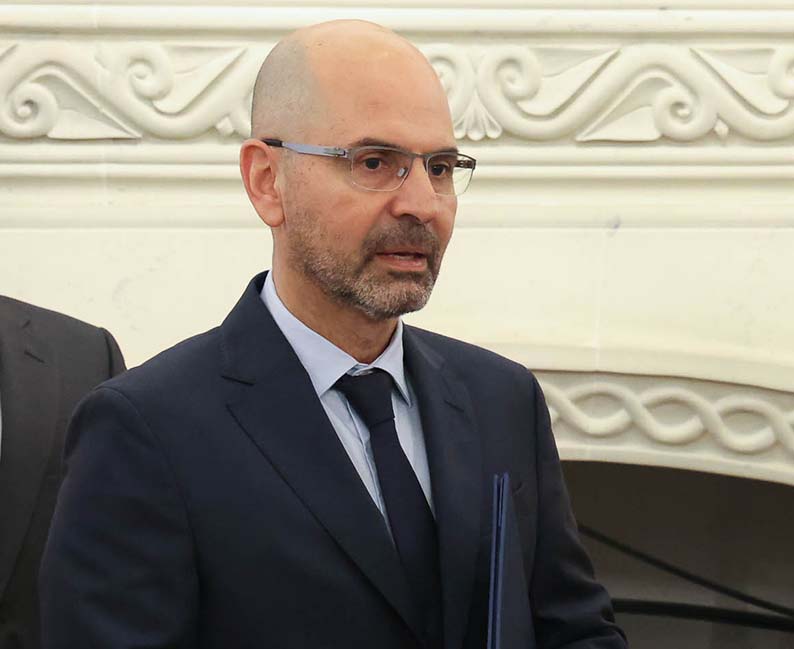Identifying irregularities in tender bidding will be a primary focus for the audit office over the next few years, auditor-general Andreas Papaconstantinou said on Friday during a House finance committee session discussing the office’s 2025 budget.
“Issues surrounding tenders involve millions of euros and we want to help identify irregularities,” he told MPs, clarifying that while irregularities do not always indicate fraud, they are a concern since the government is the largest buyer of goods and services.
“It’s negotiating power must force those who take on the project to complete them,” so as to avoid a situation where companies take on a project which becomes marred with delays.
The companies are then not excluded, and three years later make another bidding “taking in on another project and creating a vicious cycle.”
He specified when emphasis wants to be given on quality, focus is placed on price. “But the weakness lies in the fact that quality crit Best of my billeria which are set are not objective.”
As such, “we pay double, thinking we’ll get quality but in the end, we have problematic tenders.”
Committee chair and Diko MP Christiana Erotokritou echoed these concerns, stating that the public sector often lacks the “accuracy, speed, or logic one would expect.”
Administrative audits are also an important aspect the audit office will focus on, aimed at determining whether state bodies are ultimately serving their citizens, Papaconstantinou said.
Currently, around 60 to 65 per cent of the office’s staff work on financial audits, but as the number of audited bodies grows, he plans to shift some focus towards administrative audits.
Ahead of the session, Papaconstantinou submitted a letter to parliament outlining the need for the audit office to gain financial independence, unrestricted access to necessary information, and strengthened freedom of expression, according to Stockwatch. He expressed a positive stance toward reforms, noting that financial independence would bolster the audit office’s impartiality.
He underlined there are three key pillars on which his office’s work is built on: independence, unrestricted access to documents and data, ans a continuation and strengthening of the audit office’s free speech.
“We are not negative over the reform of the audit office. But its design and implementation must be done carefully because under no circumstances can we compromise on the three pillars.”
The reform should not be focused on individuals but ensure the best outcome for future generations, he said in his letter.
The 2025 budget for the audit office stands at approximately €10.45 million, a 14 per cent increase from €9.15 million in 2024, according to Stockwatch. Staffing costs account for the majority of this budget – around 87 percent – with expenses rising to approximately €9.1 million compared to €8.48 million in 2024.







Click here to change your cookie preferences